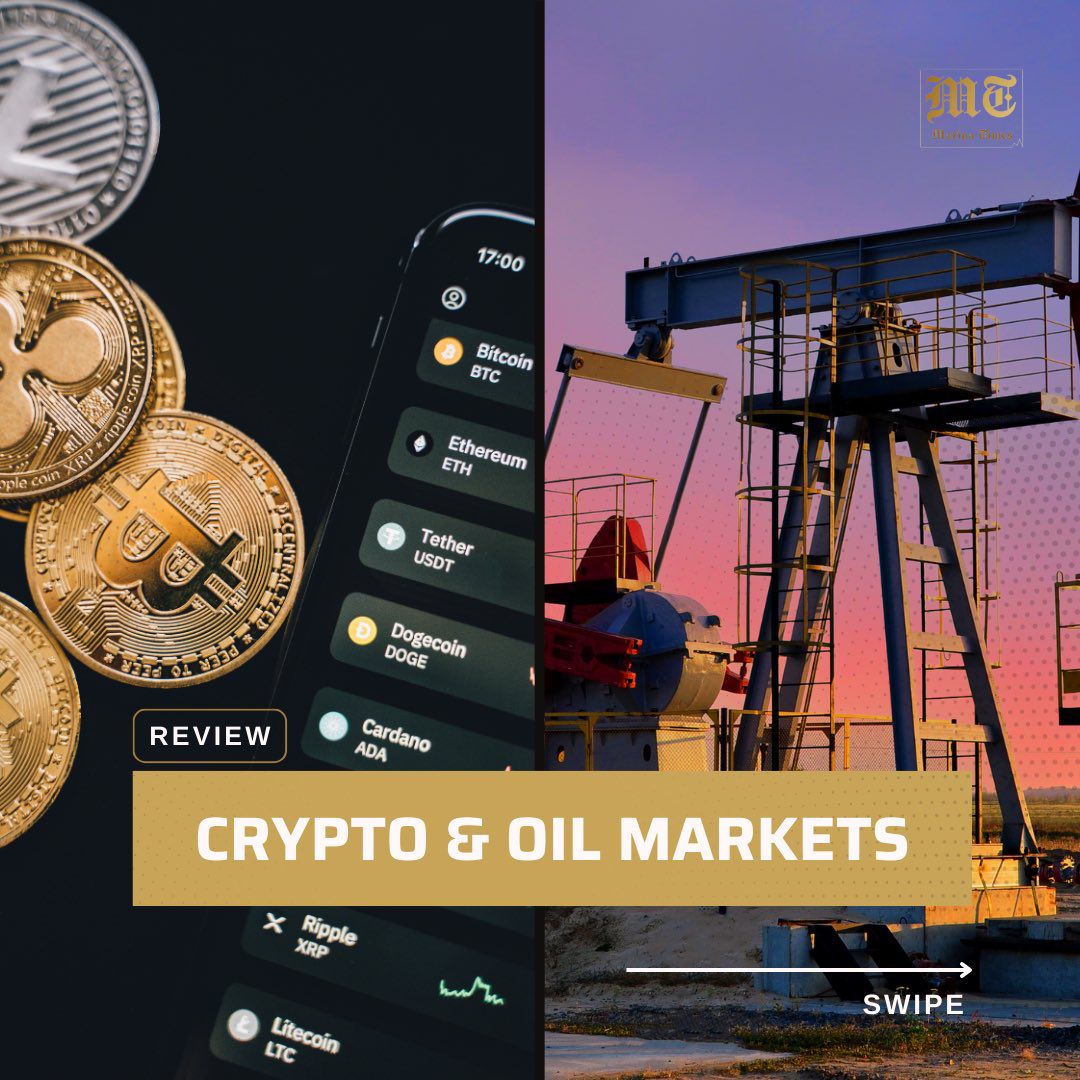

Oil prices declined to a two-week low on Tuesday, primarily due to the easing of concerns over potential supply disruptions in the Middle East. At the time of writing this report, the WTI Crude Oil has fallen to as low as $72.19 while Brent Oil was trading at $76.41. This followed Israel’s acceptance of a ceasefire proposal in Gaza, reducing the immediate risk of supply chain interruptions from the region. Simultaneously, ongoing worries about a slowdown in China’s economy continued to exert downward pressure on global fuel demand, contributing further to the dip in oil prices.
Market sources, citing the American Petroleum Institute (API) figures released on Tuesday, indicated that US crude oil inventories saw a modest increase last week, while stocks of distillates and gasoline registered declines. Specifically, the API data showed a build of 347,000 barrels in crude oil stocks for the week ending August 16. In contrast, gasoline inventories contracted by 1.043 million barrels, and distillate stocks dropped by 2.247 million barrels during the same period.
These figures stood in stark contrast to earlier analyst projections, which had anticipated a significant drawdown of approximately 2.7 million barrels of crude from storage for the week ending August 16. The divergence between expected and actual data highlights the complexity and unpredictability of global energy markets, where multiple factors—including geopolitical developments, economic indicators, and supply chain dynamics—converge to influence prices and inventory levels.
A Dubai Court Validates Crypto Salary Payments in Unprecedented Ruling
On August 15, 2024, the Dubai Court of First Instance issued a groundbreaking decision affirming the legality of cryptocurrency payments for salaries under employment contracts. Case number 1739 of 2024 marks a significant shift in the UAE’s judicial stance on digital currencies, signaling a progressive move towards integrating cryptocurrencies into formal financial and legal systems.
The case involved an employment dispute where an employee claimed unpaid wages and wrongful dismissal. The contract specified that the employee’s salary would be paid in traditional currency plus 5,250 EcoWatt tokens, a type of cryptocurrency. The employee alleged that the employer had not paid the cryptocurrency portion for six months. The court’s decision to uphold payment in EcoWatt tokens reflects a pivotal change in the UAE’s approach to digital currencies. Unlike a 2023 case where the court dismissed a similar claim due to unclear cryptocurrency valuation, the 2024 ruling recognised cryptocurrencies as a legitimate form of compensation, underscoring the importance of honoring contractual agreements.
In 2023, the Dubai Court of First Instance took a more conservative approach, acknowledging digital currencies in employment contracts, but not enforcing their payment due to valuation issues. However, the 2024 ruling represents a departure from this traditional stance. By mandating payment in EcoWatt tokens, the court has set a new precedent for including digital currencies in employment contracts. This decision aligns with Article 912 of the UAE Civil Transactions Law and Federal Decree-Law No. (33) of 2021, which governs wage determination and payment.
The court’s decision reflects a broader acceptance of digital currencies and demonstrates the UAE’s commitment to updating its legal framework in response to evolving financial practices. By validating cryptocurrency payments, the ruling supports adherence to contractual terms and encourages the integration of digital currencies across various sectors. Irina Hever, a cryptocurrency lawyer and partner at NeosLegal, praised the ruling as a major advancement.
As Dubai continues to establish itself as a global innovation hub, this decision may encourage wider adoption of digital currencies and further integration into the region’s economic and legal systems. The ruling also underscores the need for clear contractual terms and adherence to agreed payment methods, offering protection for employees and serving as a model for other jurisdictions considering similar advancements.
The Dubai Court’s decision is a significant milestone in the UAE’s journey towards becoming a leader in the digital economy. By affirming the legality of cryptocurrency payments for salaries, the court has embraced the evolving nature of financial transactions and established a forward-looking precedent. This ruling represents a victory for employees and underscores the UAE’s commitment to innovation and modern financial practices. As the country adapts to the digital age, this landmark decision may pave the way for further advancements in integrating cryptocurrencies and digital assets into different economic sectors.
Dogs is a meme coin distributed to virtually all telegram users for free as a way of saying thank you. It was launched in July of 2024 and as of today, has an active user base of over 53 million users. It has followed in the footsteps of NOTCOIN, a native token of telegram and they are both built on The Open Network (TON). TON is the ticker of The Open Network’s token which is used as gas to move tokens around on the blockchain.
This meme coin should go live for trading on exchanges on the 23rd of August, 2024. Will it make people millionaires or will it be a flop? Who knows? Free money is free money and according to @realDogsHouse, over 6 million verified users have requested a direct deposit of their Dogs tokens to exchanges and telegram wallets.
There are numerous games and meme robots (bots) on Telegram at the moment and the incentive tokens have spurred millions of people into finding out, downloading, and using the app.
Telegram is aggressively driving crypto adoption through memes, games, and tokenised incentives and we are here for it!